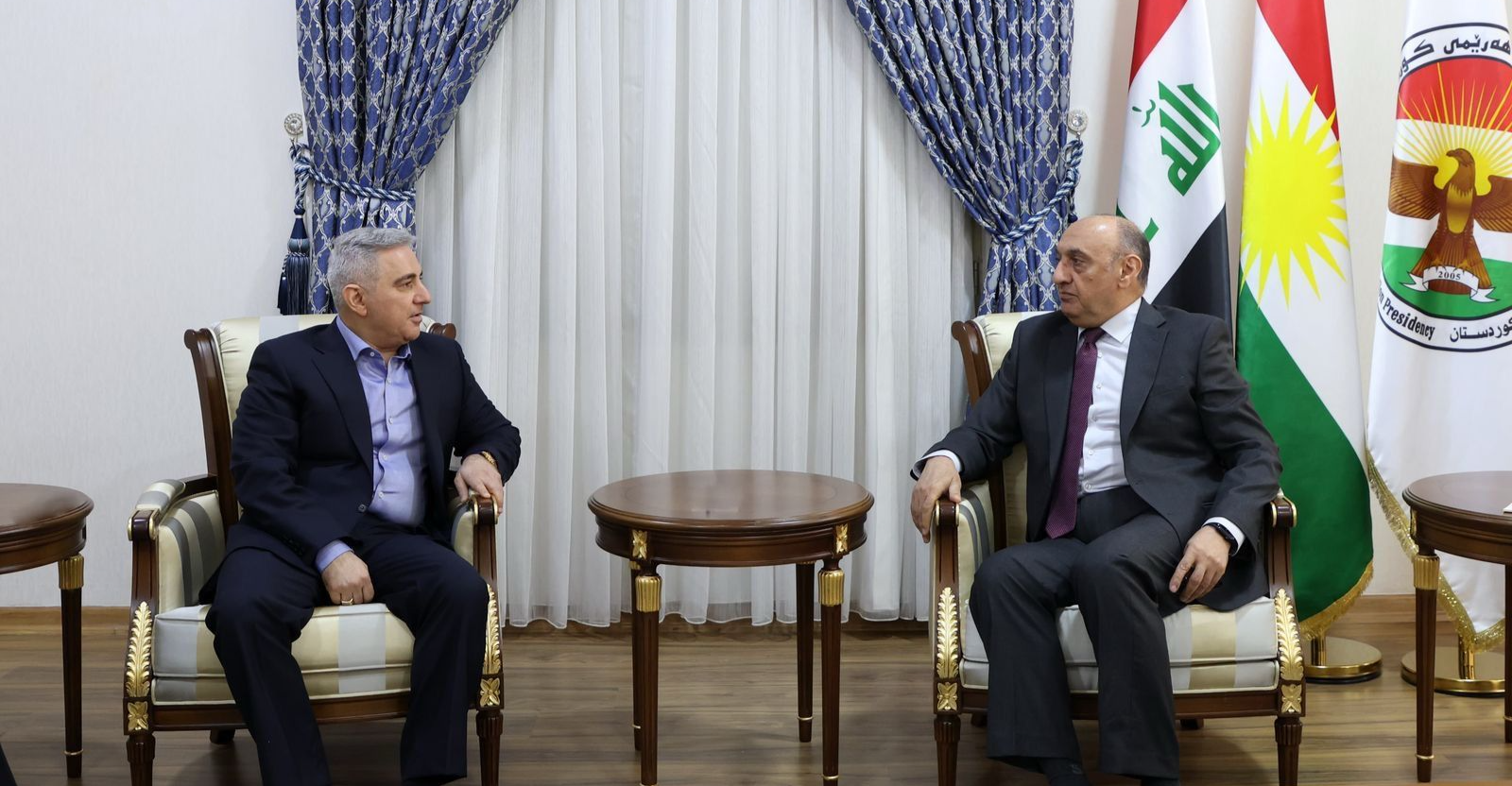Proposed retirement age reform in Iraq sparks debate on economic and social impacts

Shafaq News/ Iraq’s parliament is set to conduct the firstreading of a proposed amendment to the retirement law, raising the mandatoryretirement age from 60 to 63 years. The proposed legislation also includesprovisions to extend the retirement age to 65 for employees in rare andspecialized positions.
The move, initiated by the Parliamentary Finance Committee,has sparked a complex debate over its potential economic and socialimplications. While proponents argue the amendment addresses the need forexperienced professionals in certain fields, critics caution that it couldexacerbate youth unemployment and strain the country’s financialresources.
Government Approval Pending
Finance Committee member Jamal Kojar highlighted that anylegislation with financial implications falls under the exclusive purview ofthe executive branch. "The government has not yet approved the proposedamendment to the retirement law," Kojar stated, noting that until the lawis officially amended, retirement-related transactions will continue under thecurrent age limit of 60 years.
Youth Employment at Stake
Economists warn that extending the retirement age couldhinder job opportunities for young graduates, who already face challenges inentering the public sector.
Economist Nabil Al-Marsoumi told Shafaq News that whileraising the retirement age to 63 years might be beneficial in certain sectorsrequiring specialized expertise, the broader impact could be detrimental.
"This reform risks narrowing opportunities for young Iraqisaspiring to government jobs," Al-Marsoumi said, pointing to the financialimplications of retaining senior employees, many of whom draw high salaries,contributing to an inflated public wage bill.
Fiscal Pressures and Workforce Dynamics
Economic expert Durgham Mohammed Ali echoed concerns overfiscal and administrative challenges. He explained that reducing the retirementage was originally intended to promote workforce turnover and createopportunities for new hires. However, provisions allowing service extensionsfor specific groups, such as the families of martyrs and politically dismissedindividuals, have created inconsistencies in service durations.
"The increased influx of new employees replacing retireeswill raise the number of pensioners, adding pressure to the nationalbudget," Mohammed Ali explained, stressing the need for a more nuancedapproach, linking retirement extensions to health conditions and professionalperformance.
A Need for Targeted Reform
Both experts advocate for a targeted reform strategy."The extension of service should be reserved for skilled employees withexcellent health and proven professional competence," Mohammed Ali said.He recommended forming evaluation committees to assess eligibility forextensions, ensuring that unskilled or physically unfit workers transition intoretirement.





